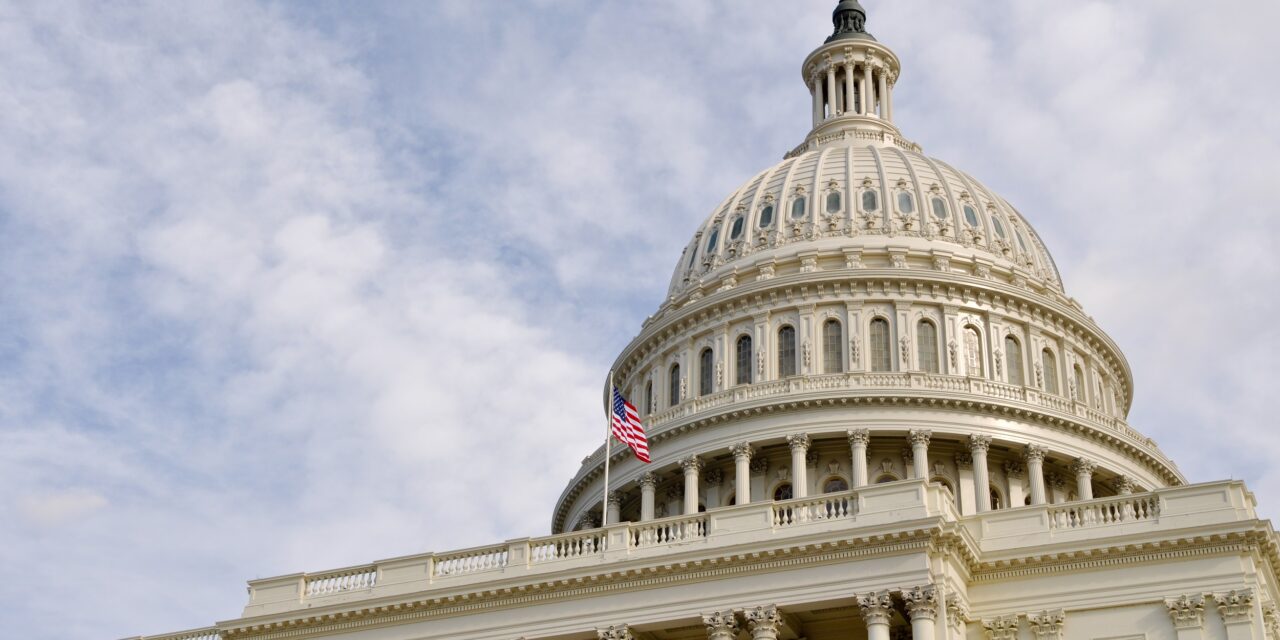Progressive Democrats in the House of Representatives are gearing up to demand a comprehensive overhaul of the U.S. immigration system when the Biden administration and a new Congress are in place early next year. This reform effort will go beyond reversing the Trump administration’s extreme anti-immigrant policies, with the stated goal of “creating a fair immigration process that upholds our values.”
Rep. Pramila Jayapal (D-WA), chair of the Congressional Progressive Caucus, announced this new campaign for immigration reform on December 11. According to Jayapal, she will introduce a resolution called the Roadmap to Freedom as soon as the new Congress is seated. The resolution’s premise is:
“It is the duty of the Federal Government to develop and implement a Roadmap to Freedom in order to overhaul the outdated immigration system in the United States that has gone without significant reform for decades, and to relieve the great human impact an unjust system bears on communities around the country.”
The Roadmap goes far beyond the immigration reforms promised by President-elect Biden. But there is substantial overlap between the two. Both have pledged to create a pathway to citizenshipfor undocumented immigrants, end for-profit detention, invest in community-based alternatives to detention, and enhance protections for immigrant workers.
However, the Roadmap goes much further by calling for the restoration of immigrants’ access to the social safety net. It calls for an overhaul of the immigration court system and the penalties it imposes. The Roadmap also seeks to offer redress to people who have suffered from the inequities of the immigration system in the past.
Among the many components of the Roadmap are:
- Creating a pathway to citizenship for the nation’s 10.5 million undocumented immigrants.
- Clearing the existing backlog of naturalization applications.
- Prioritizing family unity by eliminating barriers to family reunification and creating a process “for eligible individuals who are deported, detained, or in sanctuary” to reunite with their families and return to the United States.
- Establishing a system of “scalable civil consequences to immigration violations” so that detention and deportation are not the default punishment for almost every infraction of immigration law.
- Eliminating for-profit immigration detention facilities.
- Ending the use of state and local prisons and jails for immigration detention.
- Promoting alternatives to detention and ending the detention of “vulnerable populations” such as families and children.
- Ensuring that “no person is removed, expelled, or denied admission [to the United States] without guaranteed and meaningful access to legal defense.”
- Creating an “independent Immigration Court system” in which judges can exercise discretion.
- Reinventing border policies by “reversing the flow of money into harmful border walls, barriers, and ‘virtual walls’” that militarize the border and violate civil rights and liberties.
- Ending Border Patrol checkpoints in the interior of the country.
- Ensuring that “all people who are recruited to meet verifiable labor market needs are able to change employers, bring and live with their families, and earn a roadmap to citizenship.”
- Ensuring “immigrants’ access to health care and housing.”
- Creating “a truth and reconciliation process to provide justice to those who have suffered under an inequitable and inhumane system for decades.”
The Roadmap is cosponsored by Reps. Jesús “Chuy” García (IL), Veronica Escobar (TX), Alexandria Ocasio-Cortez (NY), Judy Chu (CA), and Yvette Clarke (NY).
Both the Roadmap and the incoming Biden administration have committed to going further than the Obama administration in retooling the immigration system. However, the Roadmap is far more expansive than Biden’s proposals. It remains to be seen how much of the Roadmap the Biden administration will be willing and able to embrace.

